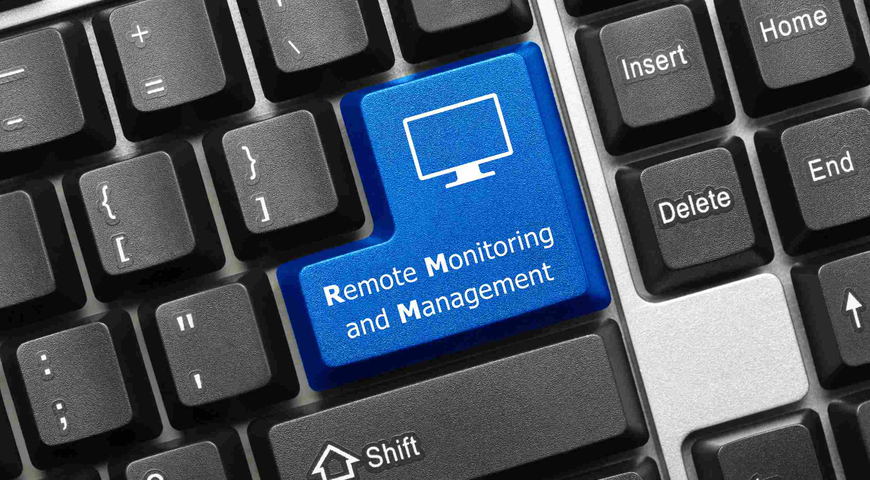VMware’s acquisition this week of AirWatch is the latest example of the fuzzy distinction between mobility and the cloud. And that's not the half of it. It's harder than ever to determine where personal data ends and work data begins — or what boundary will fall next.
Here's a look at this week's stories on on the blurred lines between mobility and the cloud, what IT buyers expect from cloud investments, how to craft that perfect BYOD policy and more:
1. What the VMware’s / AirWatch Acquisition Means for Mobility
“VMware bought AirWatch for $1.5 billion because cloud/mobile is a false distinction,” tweeted Quentin Hardy, the New York Times deputy tech editor. What does he mean? Hardy predicts that industry consolidation will lead to the collapse of categories such as mobile and the cloud, making the separation between personal and work data much harder to distinguish. As Alan Dabbier, co-founder of AirWatch, told The New York Times, “Mobility is changing how people find their friends, their entertainment and their work content.”
Read more at New York Times Blog
2. Survey: IT Buyers' Cloud Expectations
Why do IT buyers invest in the cloud, and what do they expect in 2014? According to new GigaOm research, it depends on the type of company. Scalability and agility are what the most cutting-edge companies (think small, nimble startups vs. large companies) look for in their cloud investments, while mainstream enterprises cite cost savings. The survey found that cost, however, is no longer an adequate measure of success. Instead, companies invest in the cloud because of the long-term benefits such as increased productivity and collaboration. “Complete return on investment instead of opportunity-cost analyses as measured on an end-to-end basis at the business level is increasingly required to measure the cloud’s importance and impact," writes Laura Stuart, the report's author.
Read more at Gigaom
3. Why IT Naysayers Need to Embrace the Cloud
Add job security to the list IT managers' concerns withe the cloud. That's the refrain Tony Asaro, CEO of private equity firm INI Group, heard while speaking at a recent technology conference — and he argues that it's misguided. "Cloud computing isn't a threat to IT jobs," says Asaro, explaining that IT's role will expand and grow with the advancements in cloud technology. “Cloud can play a significant role in your environments without incurring [major] capital costs. Look, the reason why virtualization took off is because it actually increased our efficiency and cloud can do the same thing. So it’s not an all or nothing proposition.”
Read more at SiliconAngle
4. Mitigate Risk with a BYOD Policy
At the end of the day, BYOD policies are about data management. In a Q&A with the Wall Street Journal, Good Technologies CEO Christy Wyatt explains what makes a great BYOD policy, why they matter — and what oversight companies should have over employee's devices. Here are a few guidelines Wyatt recommends that companies follow:
- Clear communication: “The company needs to be really clear on what employees are allowed to do and what they are not allowed to do, and what the company is allowed to do and not allowed to do.”
- Separate personal and work data: “If [employees] have corporate data in a device, IT doesn’t wipe the entire device. If employees are terminated or switch devices, it is our data ... that we are removing. We are not necessarily wiping out pictures of their children.”
- No single tool: “Companies need to be proactive and give employees the tools to get what they need done so they won’t feel the need to break out.”
Read more at WSJ Risk and Compliance Journal
Image via Canstock Photo
About Acronis
A Swiss company founded in Singapore in 2003, Acronis has 15 offices worldwide and employees in 50+ countries. Acronis Cyber Protect Cloud is available in 26 languages in 150 countries and is used by over 21,000 service providers to protect over 750,000 businesses.



